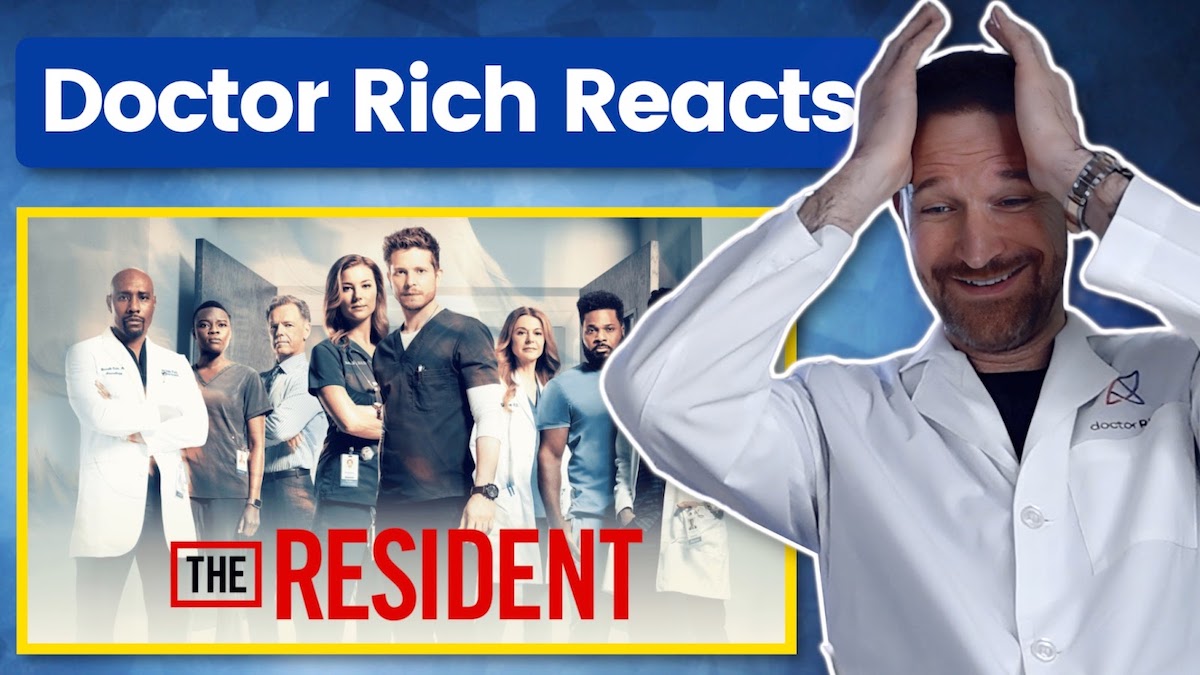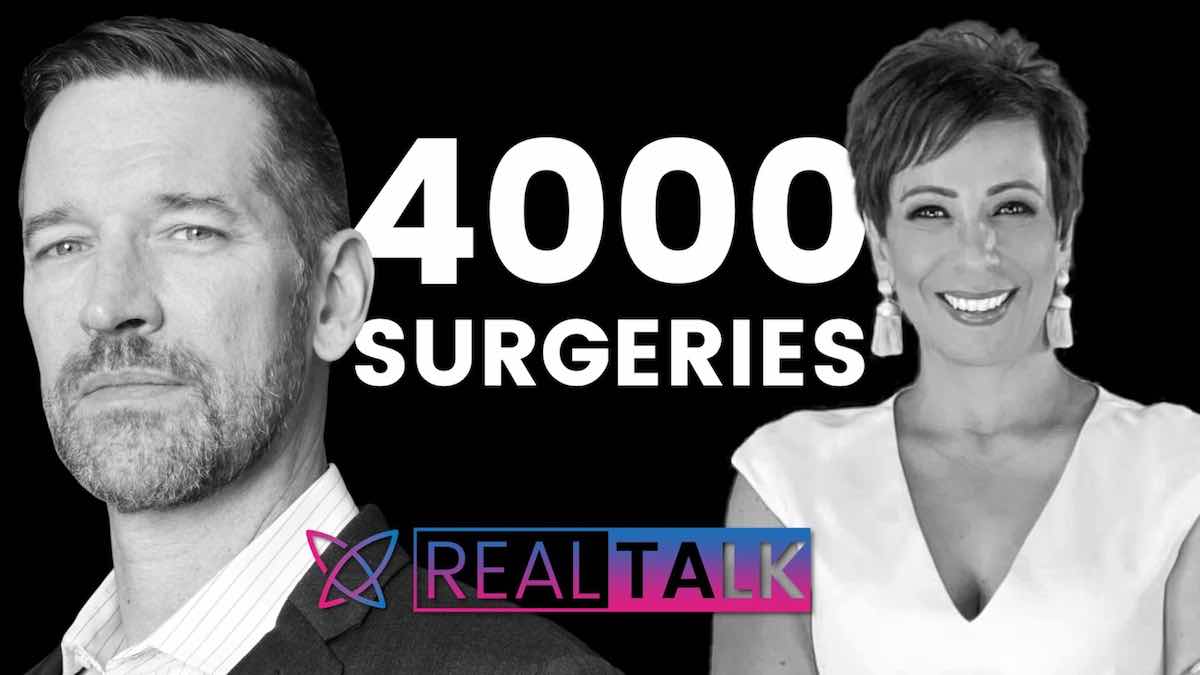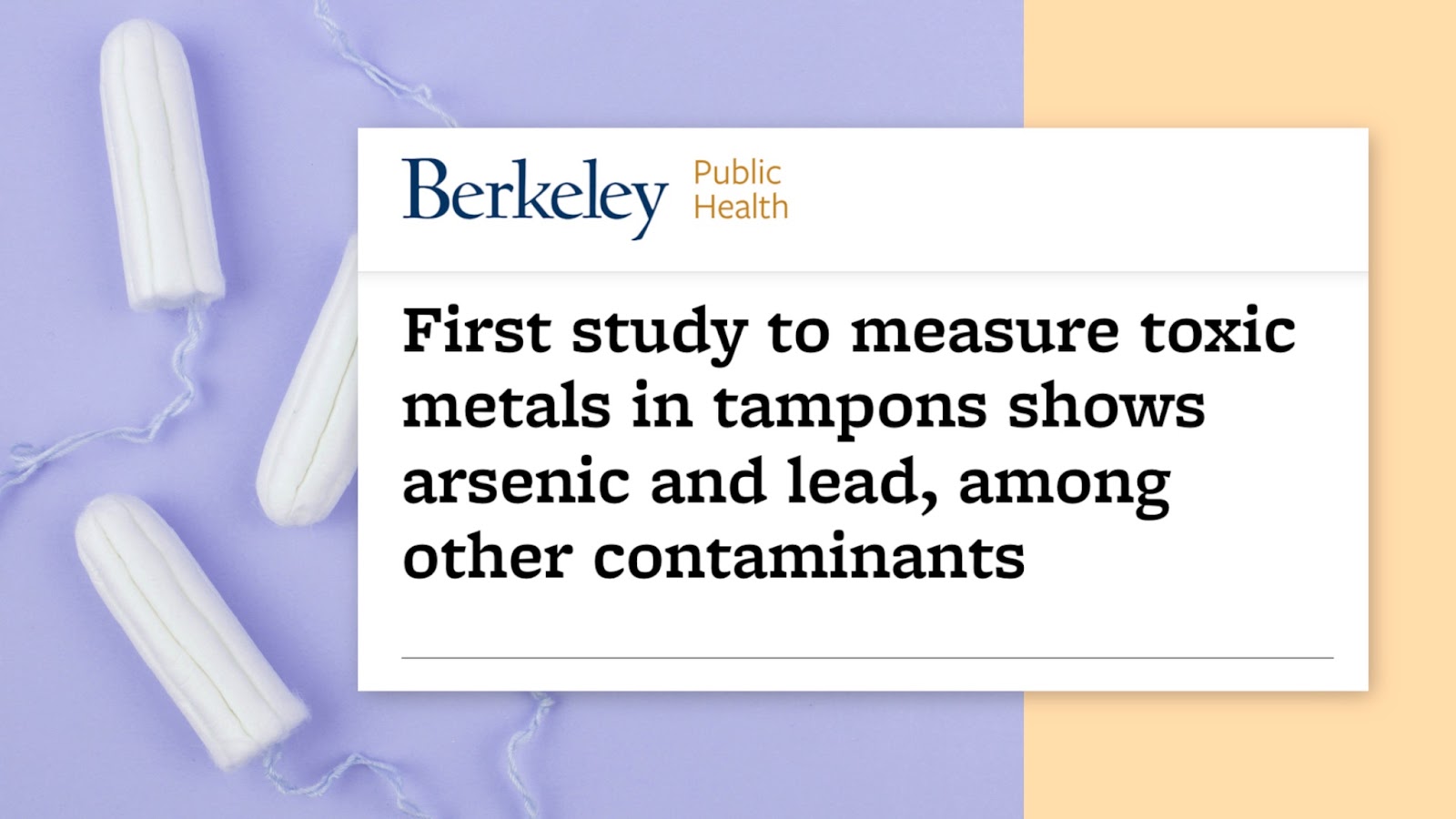Welcome back! I’m Doctor Rich. Today we’re going to react to a Chicago Med women’s health episode. The screenwriters are currently on strike — let’s see how accurate they are.
Don’t have time to read this post? Watch the video here instead!
[In the video, a woman named Leanne has just given birth in the hospital. She is distressed and disoriented.]
Leanne:
It’s a monster! Kill it, kill it!
OB/GYN:
Baby’s temp is 94. I need more blankets!
Dr. Choi:
I got the placenta.
OB/GYN:
Heart rate’s down. Baby’s starting to pink up.
Dr. Choi [to Leanne]:
Hey, listen to me. You just had a baby.
Leanne [confused]:
Baby?
Doctor Rich:
She’s talking about trying to kill a monster and then when advised that she just delivered a baby, she’s confused and doesn’t know what the OR nurse is telling her.
Dr. Choi:
Call Child and Family Services. There’s no way she’s taking this baby home.
Doctor Rich:
Yeah, so we’re definitely all thinking it… Someone who’s completely out of their mind on some kind of mind-altering substance has no business taking a baby home. We don’t know all the facts, and we don’t know what the circumstances are. So I imagine that will be unfolding.
Nurse [to OB/GYN]:
Dr. Manning? He’s inconsolable. I’ve tried rocking him, swaddling him, singing… Nothing I do calms him down.
Doctor Rich:
So this is what’s called neonatal abstinence syndrome. So when the child is born to a mother who is using — usually abusing but could also be using prescribed medications, typically some type of opioid or narcotic, but it could be an anxiety medicine like a benzodiazepine, could even be, like, a sleeping pill, antidepressant… Those medicines, if they’re used or abused close to the delivery, can be in the baby’s circulation, transferred through the placenta. And then the baby obviously isn’t doing heroin after it’s delivered — so it goes through withdrawal. And a newborn baby doesn’t have any ability to cope or adapt with the withdrawal symptoms. Symptoms commonly can include nausea, vomiting, fussiness, irritability, trouble sleeping, problems breathing, and in some cases can have tremors and seizures.
OB/GYN:
He’s addicted to heroin. He’s going through withdrawal.
Doctor Rich:
The onset of the withdrawal is in a day or so — and actually can go on for weeks to even months after.
Dr. Charles:
I heard about the baby… Neonatal abstinence syndrome — that’s a rough road.
OB/GYN:
Yeah, I’m giving him fluids, Ativan, and aspiration precautions — but his numbers aren’t getting any better.
Doctor Rich:
Yeah, so that’s a pretty common treatment. So there is difficulty feeding, there’s throwing up, there’s diarrhea (which can cause dehydration and problems with electrolyte balance), so IV fluid therapy is kind of the mainstay. They need kind of high-calorie nutrients since they don’t feed well. You want to get as much caloric intake as you can.
Ativan is just a benzodiazepine. It’s an anxiolytic in adults; people take that if they have too much anxiety. You can give it here to try to calm down the fussiness. Depending on what they’re addicted to, oftentimes you’ll have to give methadone (or actually give morphine) to kind of combat the symptoms of the withdrawal and then slowly taper them off.
OB/GYN:
Studies show that babies who are not thriving actually do significantly better when they have physical contact with their biological mothers.
Dr. Choi:
You can’t be serious. She tried to kill him!
OB/GYN:
She would be supervised! Even hearing the mother’s heartbeat can lower cortisol levels and stress.
Dr. Choi:
Leanne had nine months to do right by her baby. She lost that chance.
Doctor Rich:
So all good points. Certainly there is a benefit to neonatal bonding. I guess one of the challenges is going to be that you want the baby to do better, but you don’t want to necessarily have the mother bond with the baby if Child Protective Services is going to put the baby into foster care.
Dr. Charles:
Here’s the problem: That baby’s going home with somebody else. If we let Leanne bond with him and then just rip him away, any chance we have of helping her… are pretty much gone for good.
Nurse:
Dr. Manning, DCFS is on their way. They’ve got some foster parents that might be interested in caring for your patient.
Doctor Rich:
That’s a pretty quick turnaround. I’m not aware that the foster care system works quite that quickly. A tremendous amount of paperwork goes into fostering and adoptions, so I’m just not sure it’d be quite that quick.
Dr. Charles:
I want to talk to you about your baby.
Leanne [curled up on the hospital bed]:
What about it?
Dr. Charles:
He’s withdrawing from heroin. His breathing and heartbeat aren’t quite as regular as we’d like…
Leanne [dismissively]:
So give him some medicine.
Dr. Charles:
Well, it’s not quite that simple. His mother is the only thing in the world that makes him feel safe. Being held by her, feeling her skin…
Leanne [timidly]:
You want me to hold him?
Dr. Charles:
Well, it might be the best medicine we’ve got.
Doctor Rich:
It’s a pretty tricky ethical challenge there. I’m not sure that that idea would even be entertained.
Leanne:
This baby is sick because of me, right? There’s no way that more of me is going to help it.
Doctor Rich:
I haven’t seen this actress in anything else, but she plays a really good heroin addict!
Leanne [to Dr. Choi]:
They say he’s sick?
Dr. Choi:
Yeah, he is.
Leanne:
You think I’m terrible.
Dr. Choi:
I just wish things had worked out differently for you and your baby.
Leanne [bitterly]:
But I guess where you’re from, things work out great for everybody. Why would you understand?
Dr. Choi:
I actually understand a lot better than you think.
Doctor Rich:
So I guess the lesson there is that as bad of a spot as people are in, they all deserve compassion. And it looks like Dr. Choi is coming around.
So in this case, we’re looking at heroin-induced neonatal abstinence syndrome. It’s important to understand though that heroin is basically a narcotic just like morphine and hydrocodone or oxycodone — all of which are usually acquired through a physician in a prescribed, controlled fashion. The challenge with street drugs like heroin is there’s no oversight. Dosing or mixing can be different, and there can be way more problems that can result from that. But people can also abuse prescribed narcotics as well. And you could have similar symptoms of withdrawals they’re having here.
So what are the long-term consequences of overusing prescribed medications or abusing narcotics/heroin in pregnancy? Low brain volume, small head circumference… There are developmental delays, speech delays, motor delays, sudden infant death syndrome. So there’s evidence to show that all these are increased in children of mothers who were abusing substances during their pregnancy (or abusing substances while breastfeeding as well).
Leanne [holding the baby]:
He’s so small…
Doctor Rich:
Yeah, so intrauterine growth restriction is one of the risk factors of heroin abuse during pregnancy. I think once social services and CPS gets involved, I just don’t know that this would be an option. It’s more of a kind of made-for-TV type of scenario. But let’s see what happens.
Nurse [to Leanne]:
Hold him close against your skin.
Leanne [to baby]:
Hi, don’t cry. Hi.
[Social worker arrives to take the baby to foster care.]
Dr. Charles:
Can I just have a quick word with Ms. Crawford first?
Social Worker:
Okay.
Dr. Charles:
So they have finally made some room for him in the intensive care unit. There’s a foster couple up there who’s going to be looking after him from here on out.
Leanne [beginning to cry]:
I should just keep holding him!
Dr. Charles:
I really wish you could. Really, I do.
Leanne [panicking]:
But you said that he needs me!
Dr. Charles
I know, I know I did.
Leanne [screaming]:
I’m his mother!
Doctor Rich:
Well, it kind of pulls at your heartstrings there a little bit.
Heroin abusers are not the most reliable people, in general. And again, people fall prey to different addictions in life, and the cravings for the addictions become so powerful to the exclusion of everything in that person’s life — to their own health, the safety and wellbeing of their children… And the evidence would show that the best possible outcome would be for the baby to go to a foster family that can care for them.
I’m going to give Chicago Med a seven out of ten here.
So I think recognizing that this type of scenario does happen is important, and the heroin-addicted mother was extremely well-played by that actor.
The resuscitation, the treatments, the therapies — those are all pretty accurate. But I don’t see a circumstance (once social services and Child Protective Services become involved) that there’s going to be any more interaction between the mother and the child. In fact, the mother would probably be on a rehab floor, and the child would not still be hanging out in the ER this whole time — they’d be in the NICU. So that part of it, I think, was a bit of a reach. But I think it’s important information to know. I think people kind of have a pretty good idea that heroin during pregnancy (or pretty much any time!) is a bad idea.
But if you needed a reminder, this is the place to go. So thanks for tuning in, and make sure you like and share this video.




